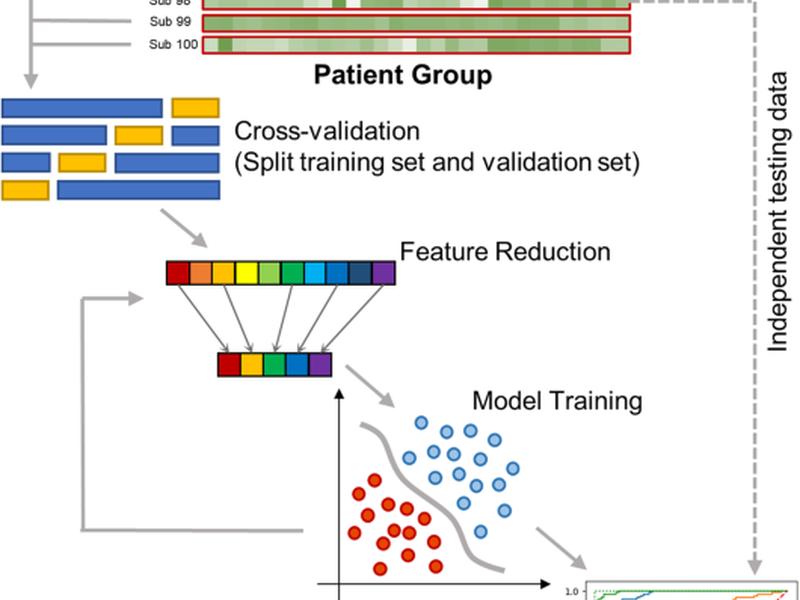Attention-deficit/hyperactivity disorder (ADHD) is a highly prevalent and heterogeneous neurodevelopmental disorder in children and adults. Machine learning algorithms have the potential to detect complex interactions between multiple variables, and can be used to understand the underlying neural mechanisms of ADHD. This narrative review focuses on the existing machine learning studies that have contributed to understanding mechanisms underlying ADHD, including behavioral and neurocognitive problems, neurobiological measures, and prevention and treatment strategies. Implications of machine learning models in ADHD research are discussed, but extra precautions are still required when designing machine learning strategies.

